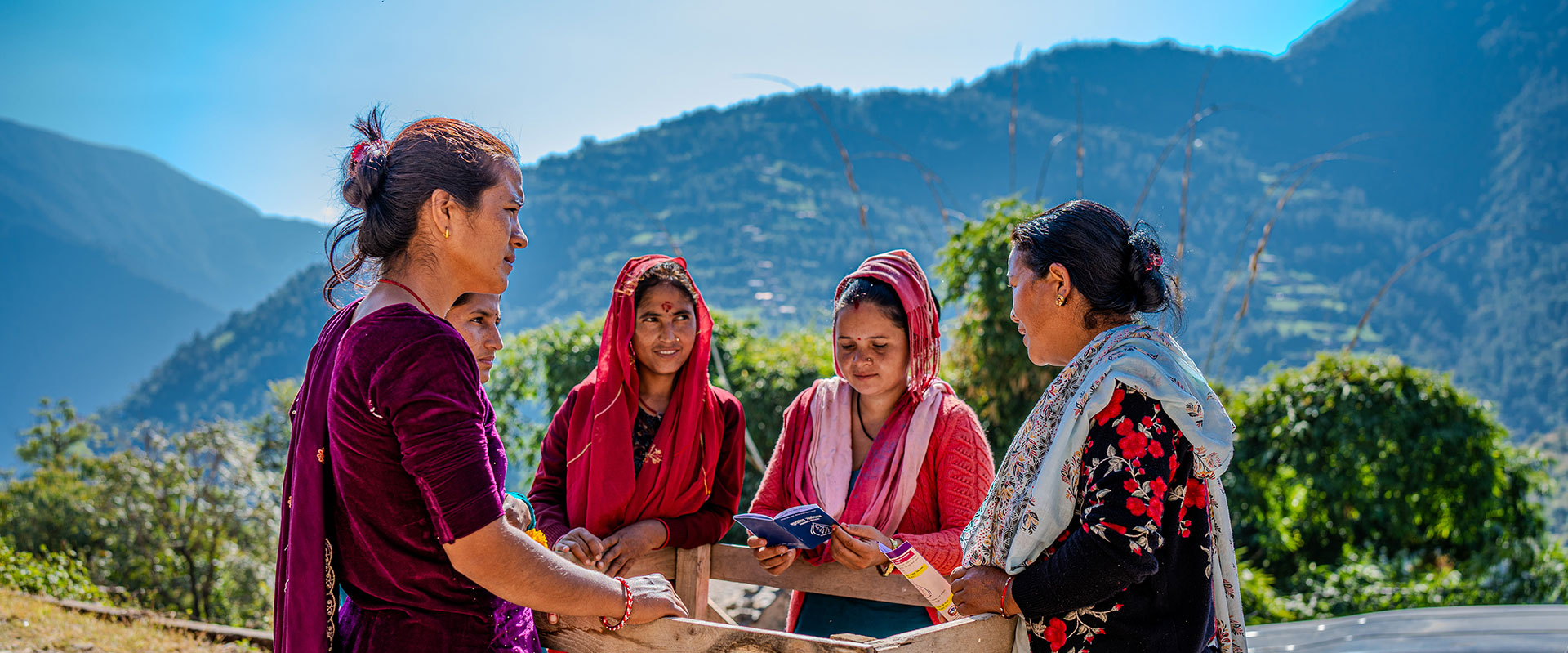In rural Nepal, women’s lives have often been restricted by silence and unspoken rules. From menstruation taboos to misinformation on family planning and abortion, many young women are taught to accept harmful practices as normal. For years, Himali Khatri did too. “I am almost 40 years old, and until now, I have never received such knowledge about reproductive health,” she says.
I am almost 40 years old, and until now, I have never received such knowledge about reproductive health.
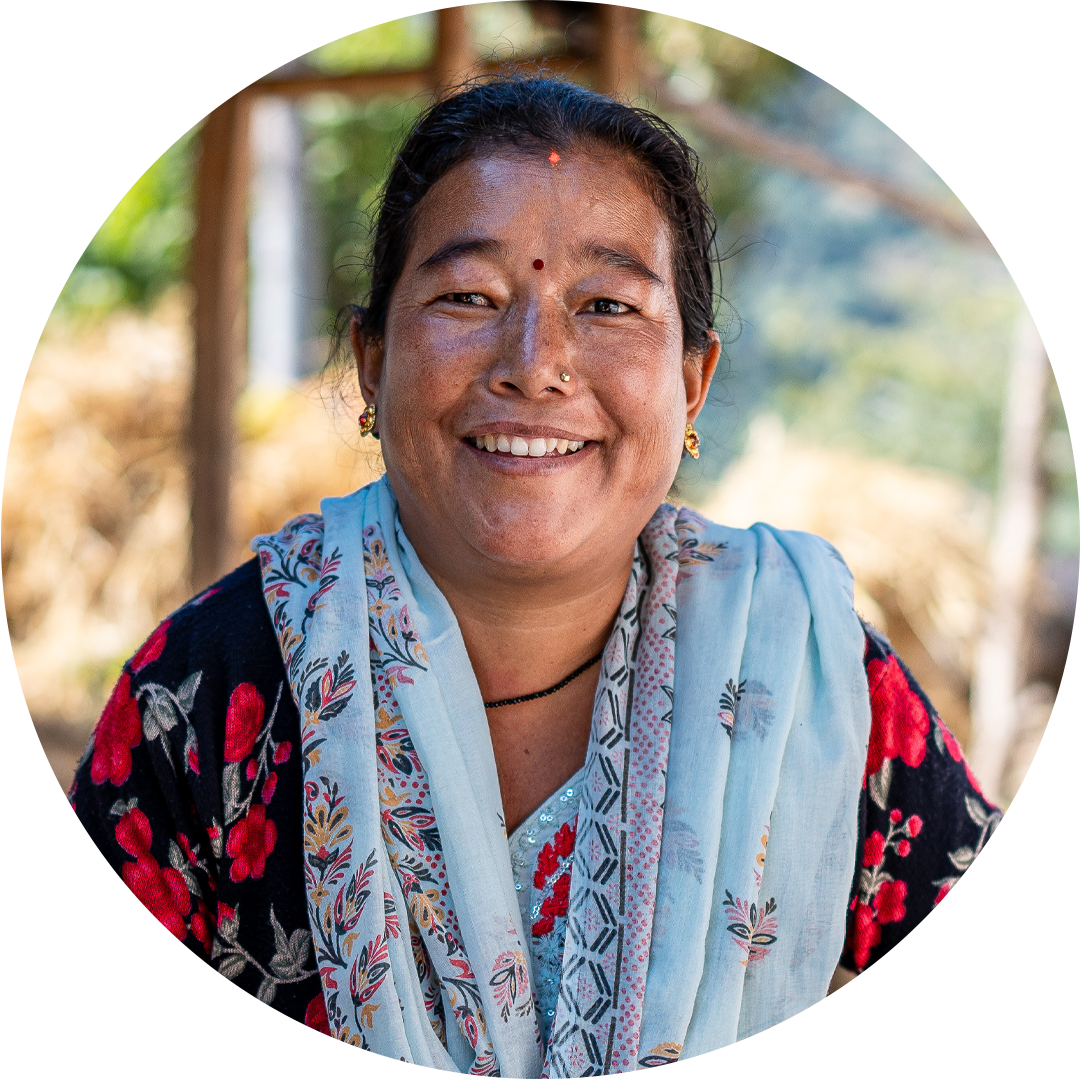
Photography by Onion Films Nepal for Ipas
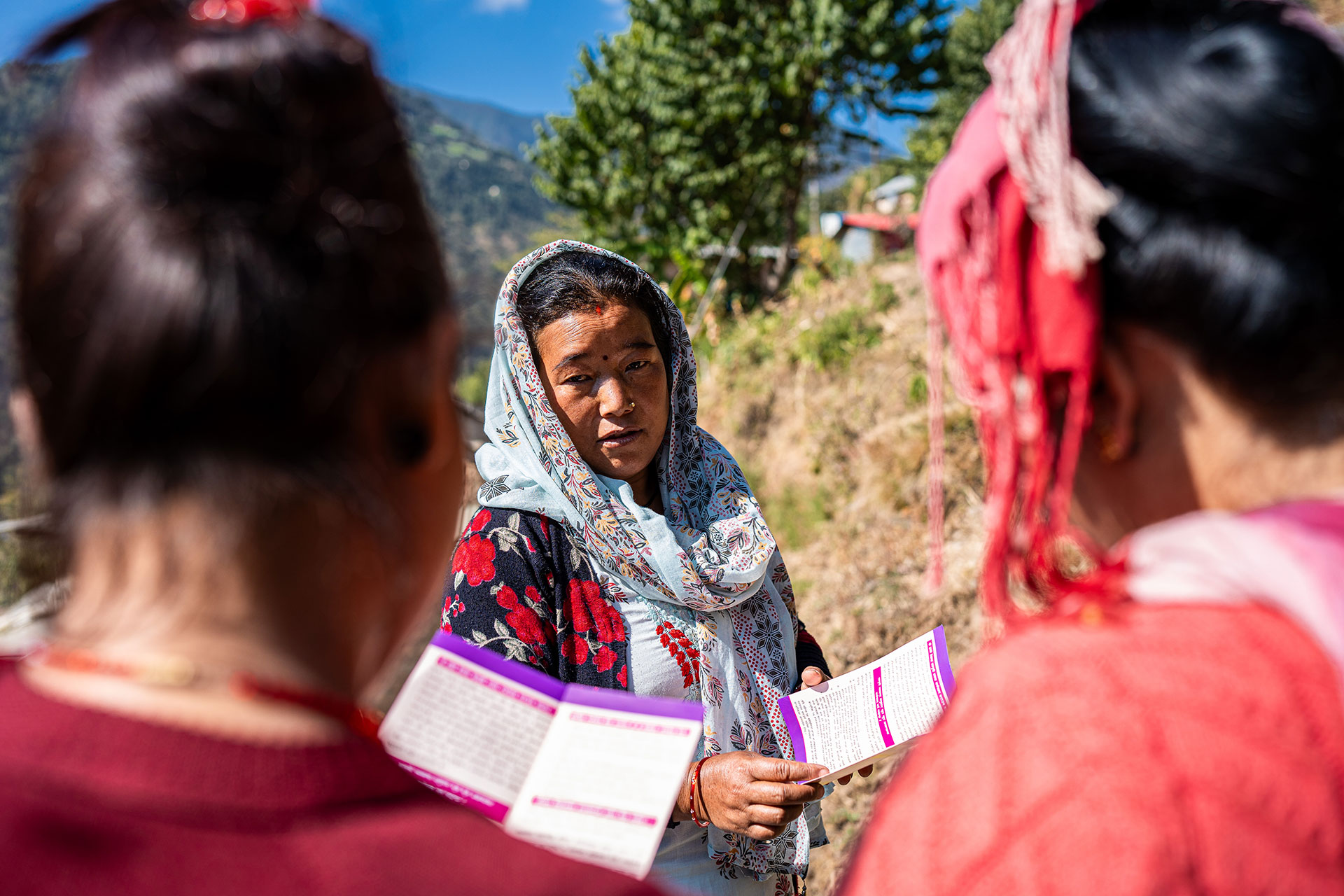
Becoming a voice for change
Everything shifted for Khatri when she was selected for Natural Leaders training through Ipas Nepal, a five-day program designed for women with the potential to influence change in their communities. The training covers sexual and reproductive health and rights, safe abortion, family planning, gender-based violence, and climate resilience.
“Only after I went for the five-day training at Ipas Nepal, I learned a lot of things,” she says. Armed with knowledge and advocacy skills, Khatri began conducting group sessions and engaging with local leaders to bring women’s voices into community decisionmaking.
“It’s been 10 months since I started this,” she says. “Over the past year, I have taught these things in 10 to 15 groups.”
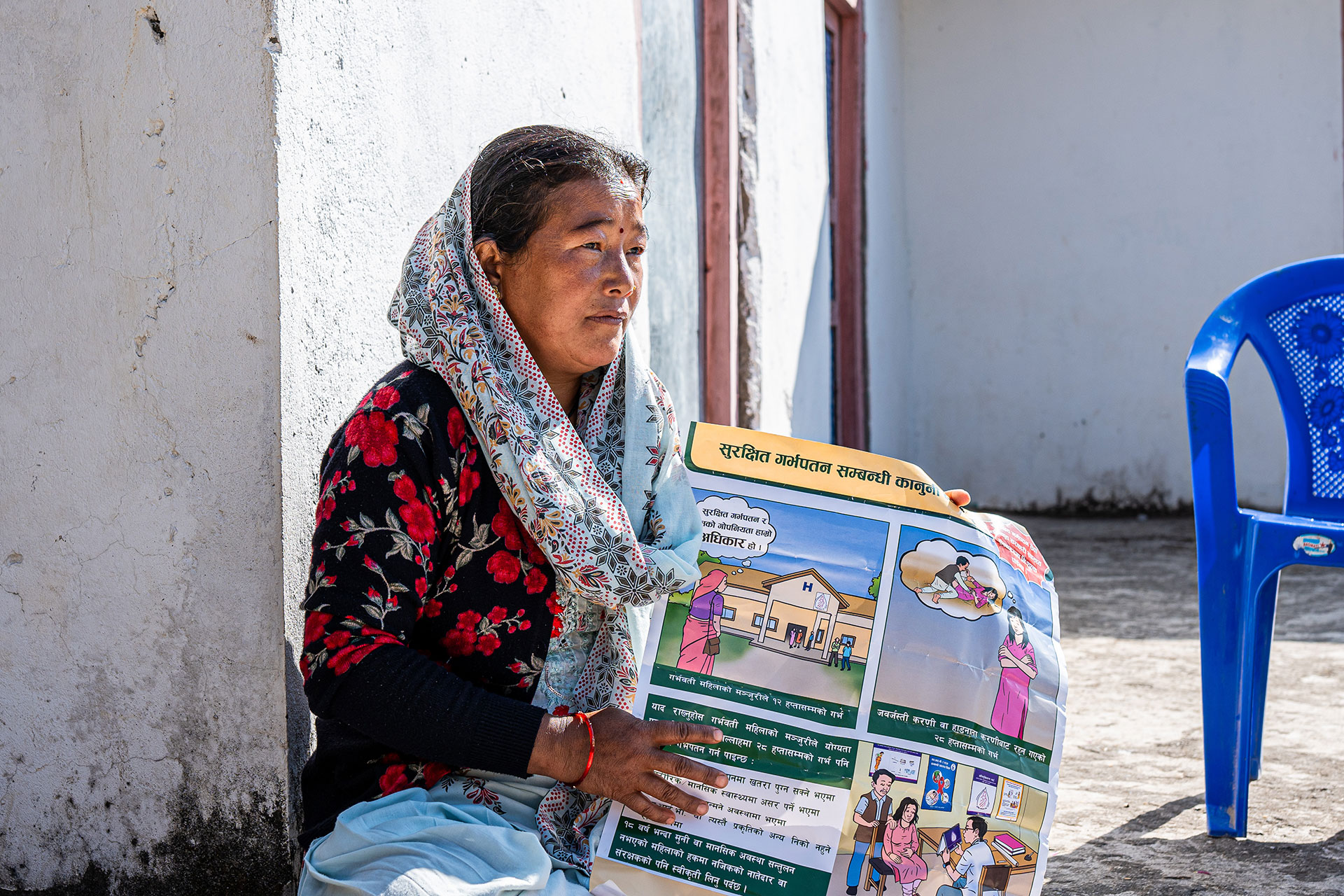
Himali quickly recognized that addressing gender-based violence would be a critical part of her role as a Natural Leader.
“One of the most prevalent issues in our community is gender-based violence. But I didn’t have much knowledge about this before I joined the five-day training. I learned where to go if violence occurs, where and how to seek justice, and how we have been in violence until now. I wanted to teach these things to the women and girls in my community, to lead different groups and educate them about violence.”
What she once accepted as normal, Himali now challenges in every session.
“In the villages, there were practices where women wouldn’t enter the kitchen or temple during menstruation… I explained this taboo and helped bring about a change.”
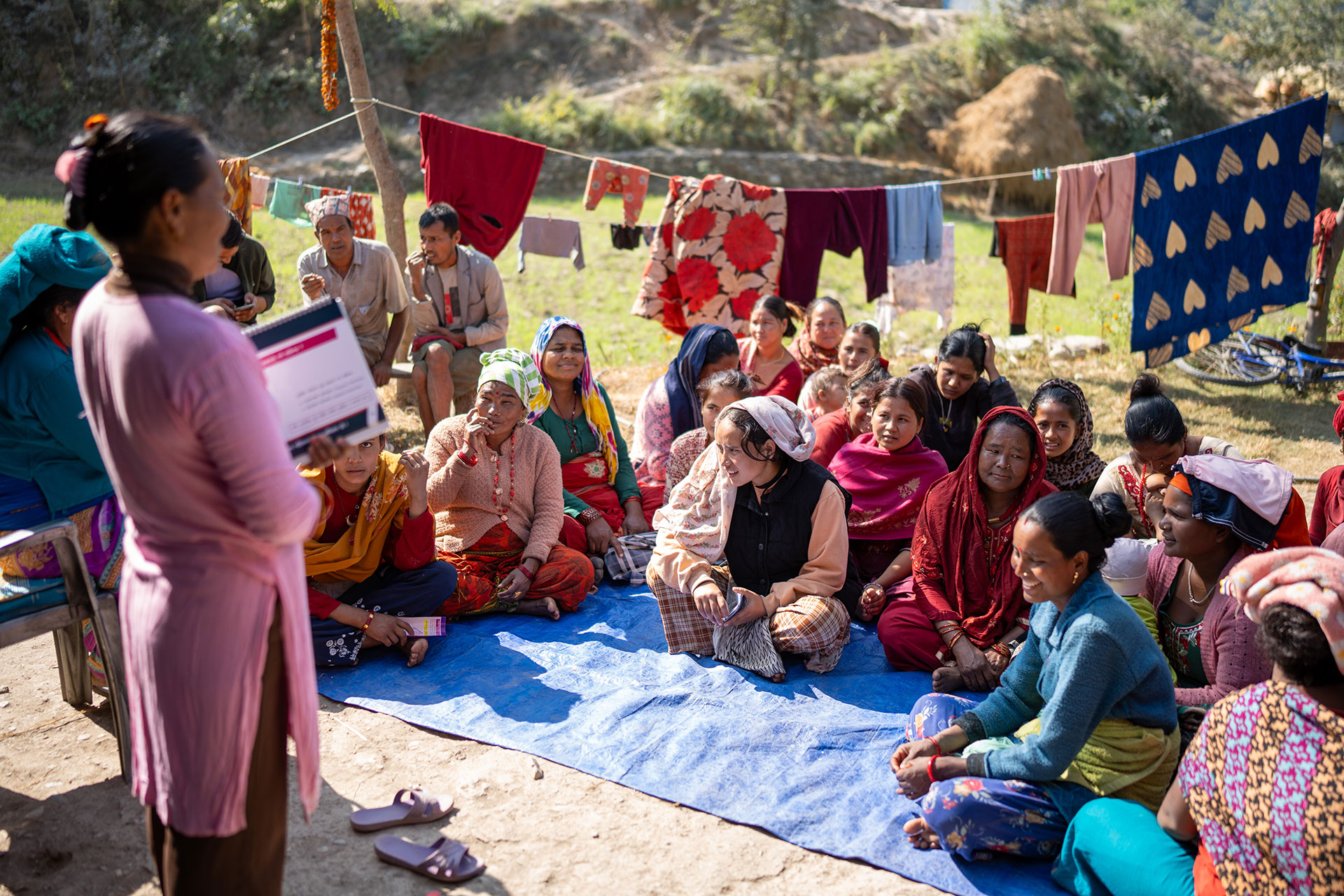
The ripple effect: Sabina’s awakening
The work of Natural Leaders like Himali Khatri impacts young women like 25-year-old Sabina Shahi, whose daughter is five. “I married at an early age, and for several years, I struggled with infertility,” she says. “It wasn’t until four years into our marriage that I was blessed with my daughter.”
Shahi had received misinformation about family planning and safe abortion before. “In the past, I had undergone multiple unsafe abortions because I was told that using family planning methods before having children would make me infertile,” she explains. “I didn’t know any better, and now, because of my lack of awareness back then, I have had to visit multiple clinics for treatment.”
Her turning point came when she attended a session organized by Ipas Nepal and led by a Natural Leader in her community.
“The session was eye-opening. I found it both new and interesting. For the first time, I understood the different family planning devices and, importantly, when and where to get a safe abortion,” Shahi says. “After attending the session, I am committed to raising awareness in my community. My husband and I have decided to work together to educate others about family planning, safe abortion, and reproductive health so that no other woman must go through what I experienced.”
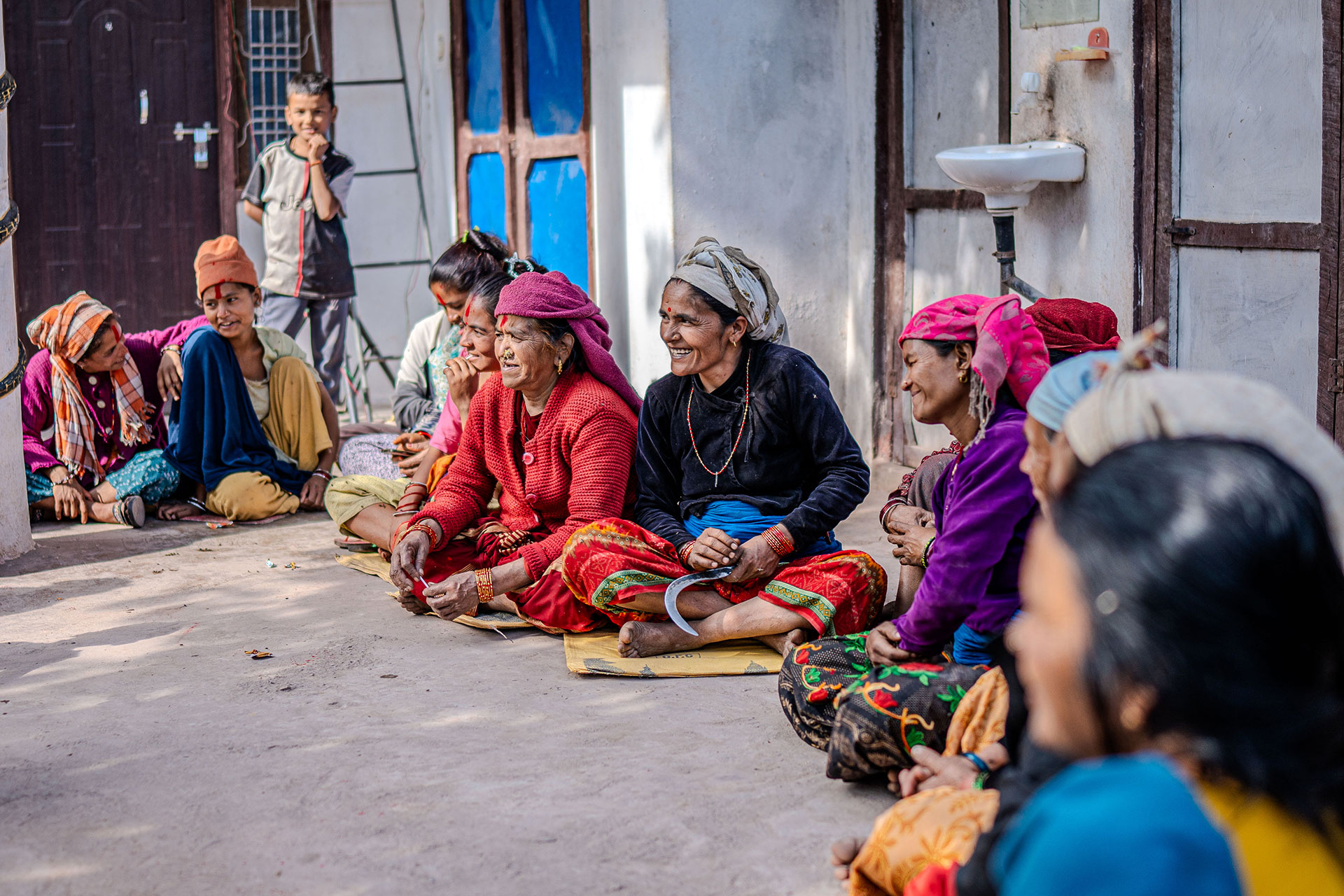
Changing futures, one conversation at a time
Together, Natural Leaders like Khatri directly reached 7,025 people in 2023 and 2024, 92% of them women and girls of reproductive age. These leaders are building sustainable community networks, connecting families with health services, and correcting misinformation that harms women’s health and autonomy.
people reached by Natural Leaders 2023 and 2024
Abortion is legal in Nepal and available free of charge at public health facilities in every district of the country—but barriers such as misinformation and lack of transportation are widespread, especially in rural areas.
“These programs are incredibly important, and I believe they can change lives,” Shahi says. “I’m grateful for the knowledge I’ve gained, and I’m committed to helping others in my community understand these issues. I wish the organization continued success in its efforts to educate and empower women.”


